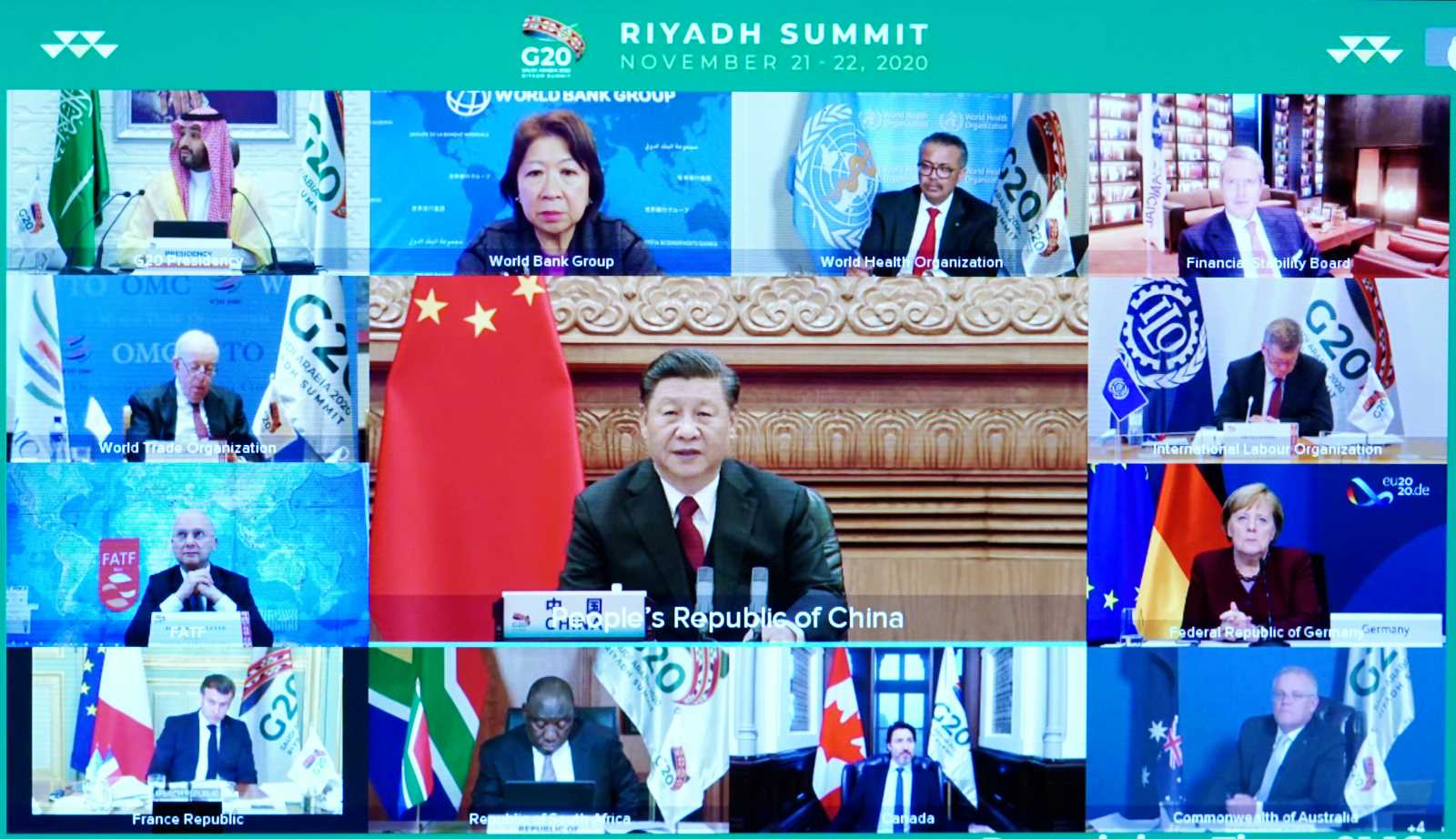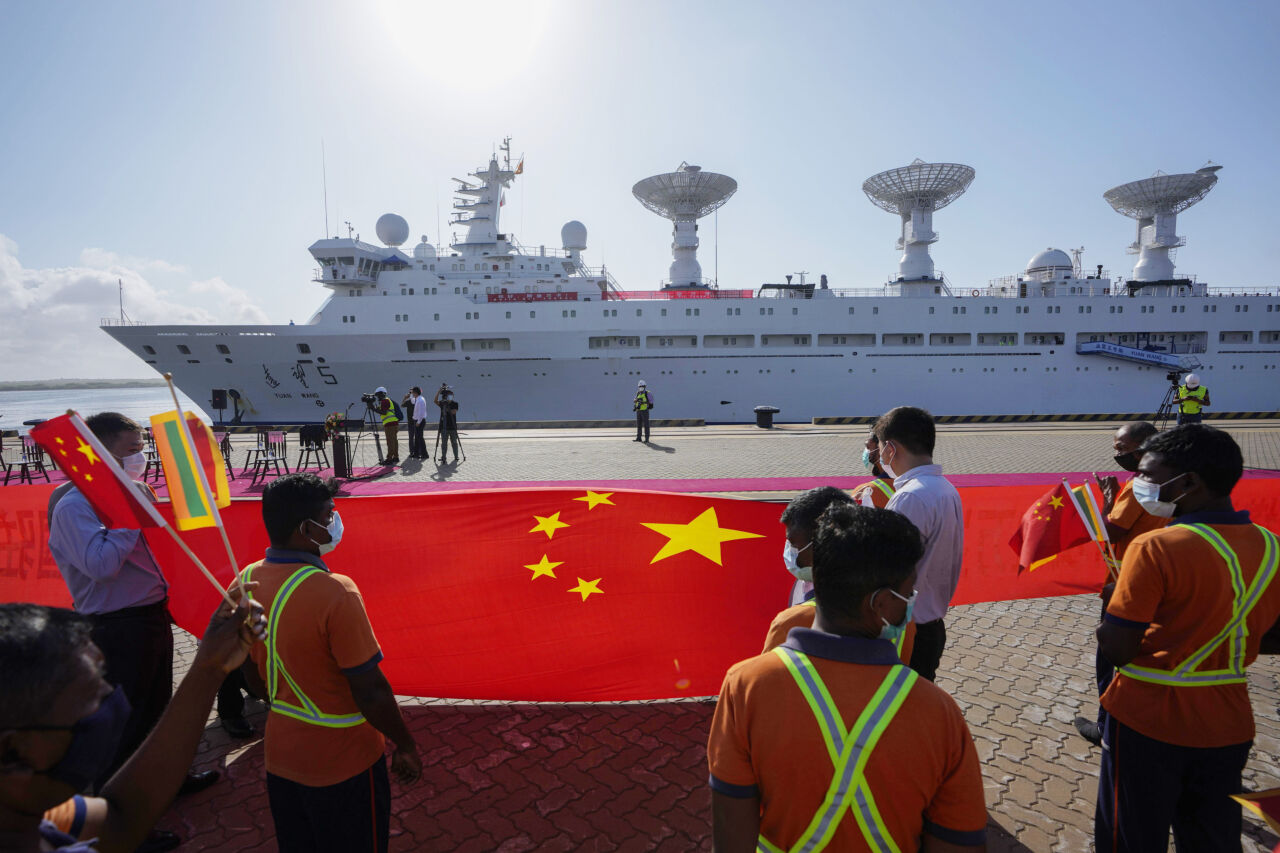Important experiences
Zed Books, London/New York, 2007,
157 pages, ISBN 978-1-84277-864-7
China’s presence in Africa has sharply increased over the past few years. Hardly known a decade ago, Chinese businesses, retailers and simple workers are a common sight today. Chinese language courses are booming in Nigeria, and growing numbers of Chinese are arriving to stay.
In this book, Chris Alden, a senior lecturer at the London School of Economics specialising in Asian-African relations, explores the role played by China and its foreign policy. No doubt, China benefits from Africa. Its interest could hardly be more obvious: it is driven by resource needs and trade opportunities. For that purpose, investors are ready to construct government buildings, roads and hospitals – using Chinese workers, however, not African ones. Alden concedes that political institutions and internal problems of Africa do not matter to China, nor do human rights or fair labour relations, whether at home or in Africa.
There are several ways to interpret China’s role in Africa. Does it want a long-term partnership to satisfy its own economic needs as well as to support African development? Or is its interest confined to the short-term gains without regard for development? Or does China want to “colonise” Africa and take over from the West? Alden discusses these questions, without committing himself to any single simplistic version.
In his book, Alden considers not only the Chinese perspective, but also the Africans’. Why do African governments play along so willingly? What do they gain? According to Alden, China’s policy of providing unconditional support to Africa is appealing, in contrast to the West, which always sets restrictions. In any case, China is giving African governments more leeway than if they had to rely only on the West. Many Africans still remember China’s hard times, and feel encouraged by its emergence as a global economic power. On top of that, Africa and China do not share a troublesome colonial history. On the other hand, Alden notes skepticism among plain people in Africa, as well as among opposition parties.
Beyond the world of high finance and politics, however, everyday life is changing for millions of Africans. Cheap Chinese imports mean that – for the first time ever – they can afford new clothes, shoes or radios. This in itself – suggests the author – is speeding up development in Africa. (eli)











